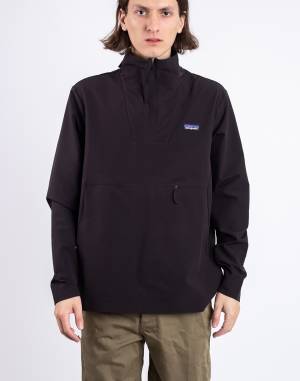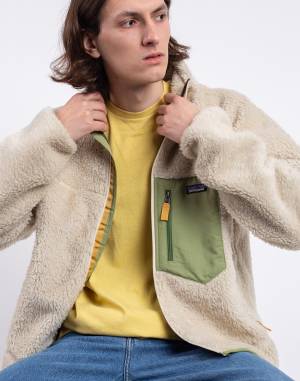Material
The Patagonia brand uses sustainable materials such as natural rubber, organic cotton, organic hemp, recycled cotton, recycled polyester, Tencel Lyocell or Econyl.
Dyeing
The brand guarantees that the dyes used in the production are not harmful to the environment or the workers who handle them.
Production
The brand is responsible for ensuring that workers throughout the supply chain have good working conditions. They operate in a safe environment and have adequate wages.
Supply chain knowledge
The brand knows its suppliers up to level 3 - therefore it knows the supplier of raw materials.
Production radius
The complete production chain has a longer path than 10 000 km.
CSR
Patagonia is a proud partner of 1% for the Planet, founded by Yvon Chouinard, the founder of Patagonia.




































